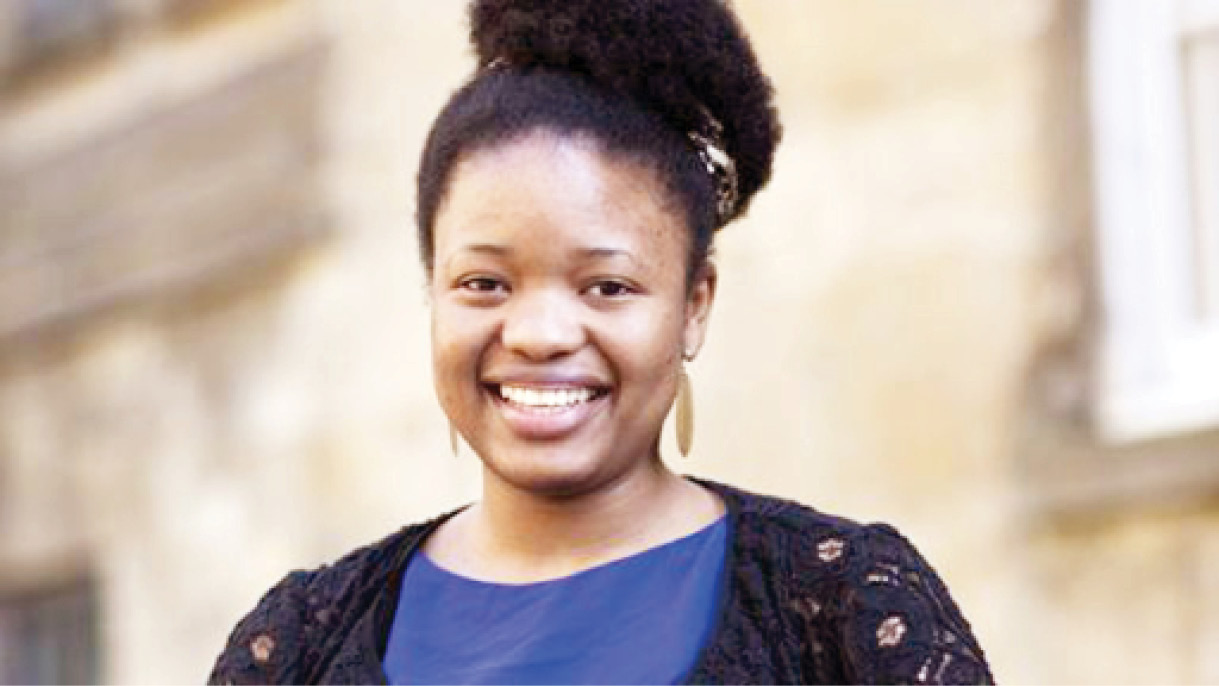Chibundu Onuzo is author of ‘Welcome to Lagos’ (2017) and ‘The Spider Kings Daughter’ (2012) which won a Betty Trask Award. In this interview she talks about her latest book and more. Excerpts:
Bookshelf: Your major characters in, ‘Welcome to Lagos’ all journeyed to the city of Lagos in a bid to find a place for themselves and this quickly turned your work into a Lagos affair. What prompted your setting?
Chibundu Onuzo: I grew up in Lagos. I had my primary and secondary school education in the city before I left Nigeria. So, it’s home to me. Leaving Nigeria made me appreciate how wonderful it was. It has its problems and struggles but there’s so much that is great about Nigeria. There are so many stories in Lagos. Leaving Nigeria made me appreciate what I left behind.
There are all those things people complain about, like the traffic or lack of electricity, but there are other things people love. One is the Aso-ebi culture. The truth is that people in the diaspora live where there is constant electricity, good roads and medical system, yet they move back to Nigeria. This is because life isn’t only about the availability of these things. And I am not saying they aren’t good or that they don’t make the quality of life better. Lagos has its strength, and we shouldn’t throw that away with the bad stuff.
Bookshelf: At what point did you decide you were going to write a book that revolved around the city?
Onuzo: I didn’t really sit down to decide. The story just came to me and quickly became a Lagos story.
Bookshelf: The book was released in 2017. How long did it take you to write it and what type of research did it involve?
Onuzo: It took me five years. There was my personal experience, and I also conducted some interviews. For example, I have characters who are soldiers, so I interviewed a soldier in my church, just to understand how the Nigerian army rankings work, the hierarchy and how people are posted and so on. Not all the research went into the novel, but I had to do a lot of background research.
The city has so many stories and you wonder sometimes where the agberos sleep, because even in its lawlessness, there’s law. The agberos have their own chief. Even if they intimidate people for money, they have to make returns to their chief. They are organised within a system and don’t just take your money and go. There’s the government system and other competing ones.
Bookshelf: How did writing begin for you?
Onuzo: It started while I was a student in Nigeria. I loved books and reading. It flowed naturally from that level.
Bookshelf: How would you say your movement from Nigeria to the United Kingdom, impacted on your writing career?
Onuzo: It was while I was outside Nigeria that I became very interested in Lagos. Part of it was home sickness. I missed home and my family. I remember I used to read Next newspaper all the time online. Moving out sharpened my interest in the country.
Bookshelf: Your debut novel is ‘The Spider Kings Daughter’. What did it take to get published?
Onuzo: I had several abandoned book projects before ‘The Spider Kings Daughter’. It takes persistence, day after day, to finish a book. I always tell writers trying to get published or starting their novel writing journey that it takes day-to-day persistence.
Bookshelf: What are you working on at the moment?
Onuzo: I’m working on my third novel. I just finished my PhD in History and working on turning my thesis into a book alongside my next novel. The thesis is about a group called West African Students Union, which was an incubator for West African nationalism.

 Join Daily Trust WhatsApp Community For Quick Access To News and Happenings Around You.
Join Daily Trust WhatsApp Community For Quick Access To News and Happenings Around You.


